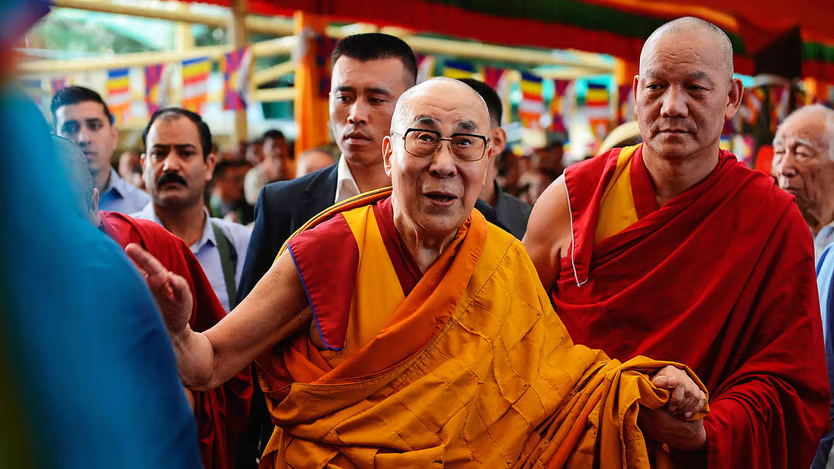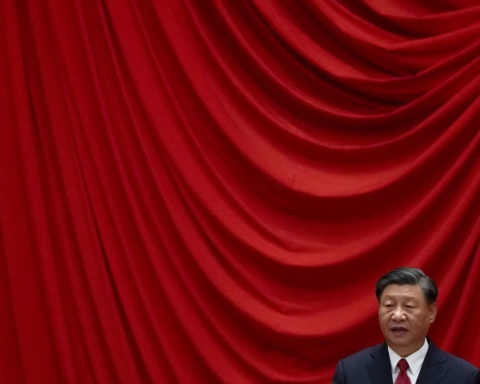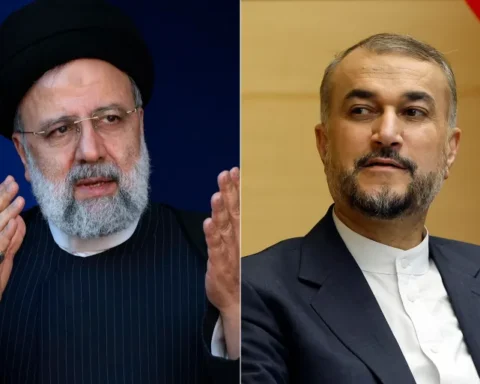The Economist: The Dalai Lama’s travel schedule has slowed in recent years due to his age (88) and complications from the COVID-19 pandemic. In October, he canceled four trips across India, including one to the sensitive state of Arunachal Pradesh, which is claimed by China. Representatives of the Dalai Lama cited a recent bout of influenza as the reason for canceling the visits. They assured that there was no serious threat to his health and that he had resumed regular activities at his home in Dharamsala in India. It is not yet clear whether the Indian government has requested the postponement of the Arunachal trip.
The geopolitical implications of the Dalai Lama’s activities are significant. His actions, especially in border areas, could escalate tensions between India and China. In addition, his health is a growing concern for Indian and Chinese officials as well as Tibetan Buddhists.
The post-Dalai Lama period is expected to be turbulent as China is likely to appoint a rival successor, which goes against the traditions of Tibetan Buddhism. The Dalai Lama’s plans changed when his office announced the postponement of a visit to Sikkim and West Bengal due to flooding. Later, a planned visit to Arunachal was also canceled. China hopes to undermine international support for Tibet after the Dalai Lama’s death, and India needs Chinese imports to achieve its economic goals.
The Tibetan government-in-exile has to balance concern for the Dalai Lama’s health with advancing the Tibetan cause. They hope for continued support from India to legitimize and provide asylum to the next Dalai Lama. The current Dalai Lama plans to work out the details of his reincarnation when he turns about 90 years old.
The entire article can be read at the link https://www.economist.com/china/2023/10/26/why-china-and-india-are-watching-the-dalai-lama-closely














